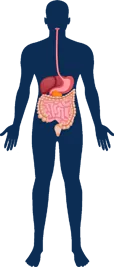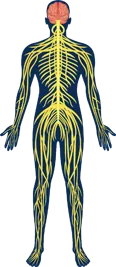- Home
- Browse by Disease
- Plummer-Vinson syndrome
Plummer-Vinson syndrome
- Other Names:
brown-kelly-paterson syndrome; kelly-paterson syndrome; plummer-vinson-patterson-kelly syndrome; sideropenic dysphagiabrown-kelly-paterson syndrome; kelly-paterson syndrome; plummer-vinson-patterson-kelly syndrome; sideropenic dysphagia
Read More
Read Less









